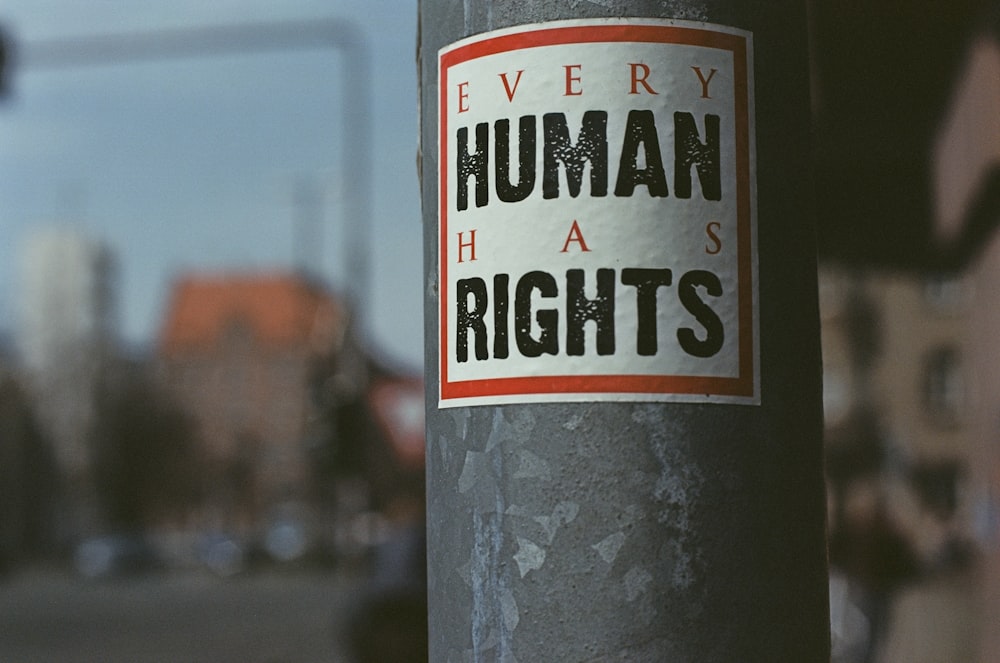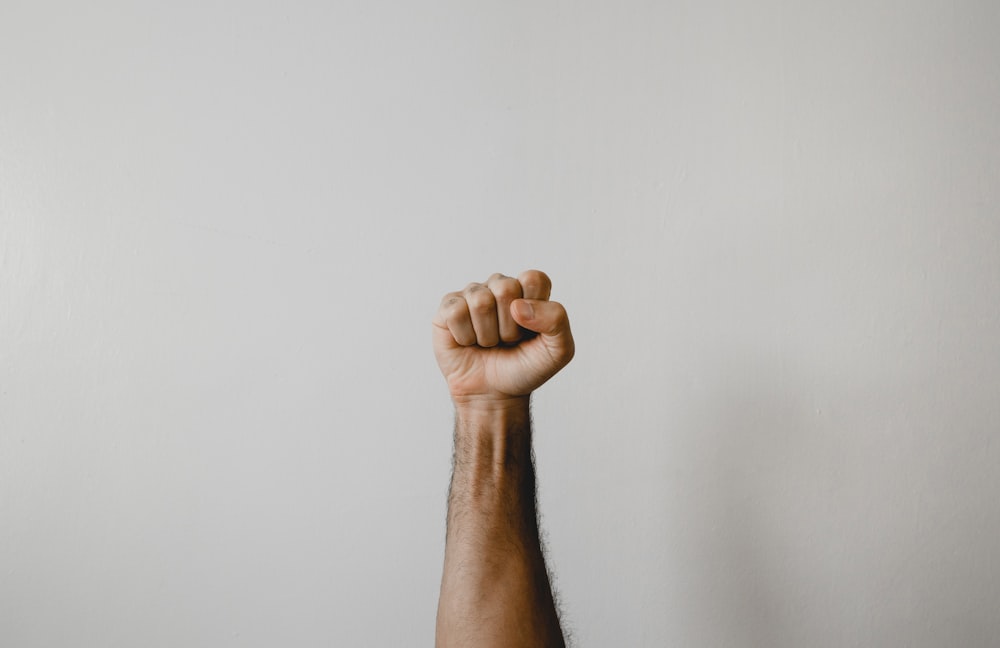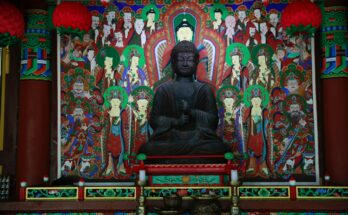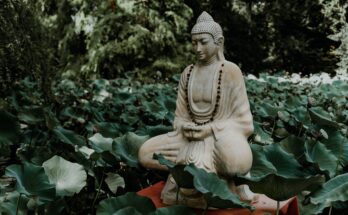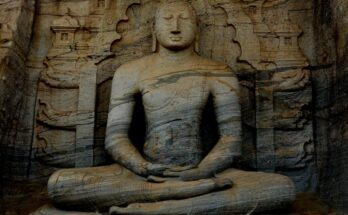Human rights and Buddhism: What do we know?
There are both areas of worry and resonances in the relationship between Buddhism and human rights. This topic has only recently been the subject of scholarly reflection. The discussion of Asian values and Engaged Buddhism were two significant developments that helped bring attention to this link throughout the later decades of the 20th century.
Universal Humans Right?
Image Credits: Unsplash.com
Regarding the first phenomena, a number of academics and officials in East Asia have questioned the idea that human rights apply to everyone over the course of the last few decades. Rather, they contend that human rights are not appropriate for Asian societies and are artefacts of Western culture that prioritize Western imperialist goals. They put out the idea of Asian ideals as a substitute.
They contend that Asian values are founded on distinct cultural principles such as social harmony, cooperation, collective well-being, duties, loyalty towards figures of authority.
Engaged Buddhism
Regarding the second occurrence, Engaged Buddhism first appeared in the 20th century and uses a strong human rights framework to motivate socio-political activism in an effort to create a more loving, compassionate, peaceful, just, and sustainable world. Buddhist teachings that emphasize social engagement in all facets of life extend beyond individual-centered belief, knowledge, rituals, and the pursuit of Buddhist “enlightenment” for Engaged Buddhists. In order to obtain justice, Buddhists in Burma, Tibet, and Cambodia frequently employ human rights as a crucial component of their day-to-day work.
Human Rights and Dharma
Image Credits: Unsplash.com
It is important to acknowledge that classical Buddhism does not explicitly define “human rights.” In maintaining and advancing justice, each person has sacred and reciprocal tasks and duties, according to the Buddhist understanding of dharma. Dharma establishes what is right and just in all circumstances, as well as what is due in every circumstance. Nonetheless, it appears that this normative framework implicitly recognizes the concept of human rights. As the right gives a responsibility a purpose and rationale, there can actually be no obligation without a preceding right—even in the duty-laden Buddhist tradition.
As a result, a claim to right is not outside of the Buddhist tradition and offers a different viewpoint on the conditions of justice as they are expounded by Dharma. Therefore, even if the concept of rights has not yet completely matured in history, it is present in the Buddhist tradition in an embryonic form.
Human enlightenment
The dignity of the human individual is the cornerstone of human rights. Buddhism maintains that the value of human birth is the source of this dignity. The reincarnation cycle held by Buddhists makes human birth very uncommon and valuable since it is only via human birth that one can achieve “enlightenment” and “Buddhahood.”
Five precepts
Image Credits: Unsplash.com
The most fundamental moral rule of the Buddhist tradition is represented by these precepts. These include refraining from murder, refusing to take what is not offered, abstaining from immoral behavior, refraining from lying, and refraining from fermented beverages that make one careless. These five precepts, various religious moral codes of conduct.
The equality Aspect
Buddhism maintains that all people are fundamentally equal in light of the no-self teaching. It believes that there is no eternal, unchanging soul in living things. Human differences are purely conventional rather than genuine. This is clear from the Buddha’s teachings and behavior. He taught everyone, including women, that everyone can achieve enlightenment.
Nonviolence promotes human rights
The ideas of human rights and the Buddhist practice of nonviolence, known as ahimsa, are related. There are Essential principles associated with Ahimsa and the Five Lay Precepts. These are non-harmfulness, respect and autonomy for all individuals, and the least amount of coercion in human affairs. There are Numerous human rights norms and principles.
The freedom of humans to attain Buddhahood (self-perfection, spiritual self-development) is one of the major tenets of Buddhism. The foundation of this inherent freedom is found in the core of the human identity, according to Buddhist teachings. They guarantee the fundamental political and social circumstances needed to become a Buddha.
Emphasis on Individual
Image Credits: Unsplash.com
Human rights are based on an individualistic version of Western thought. This idea promotes self-aggrandizement and self-centered self-realization by emphasizing individuals and their status. These ideas are contrary to Buddhist values and antagonistic. They defend both people and groups. The phenomenon of Engaged Buddhism in Tibet serves as one of the most significant instances in this regard. Buddhist monks in Tibet defend persons and groups using language related to human rights. Even on an individual basis: defending an individual’s rights helps defend the rights of a collective.
Privileging Humanity
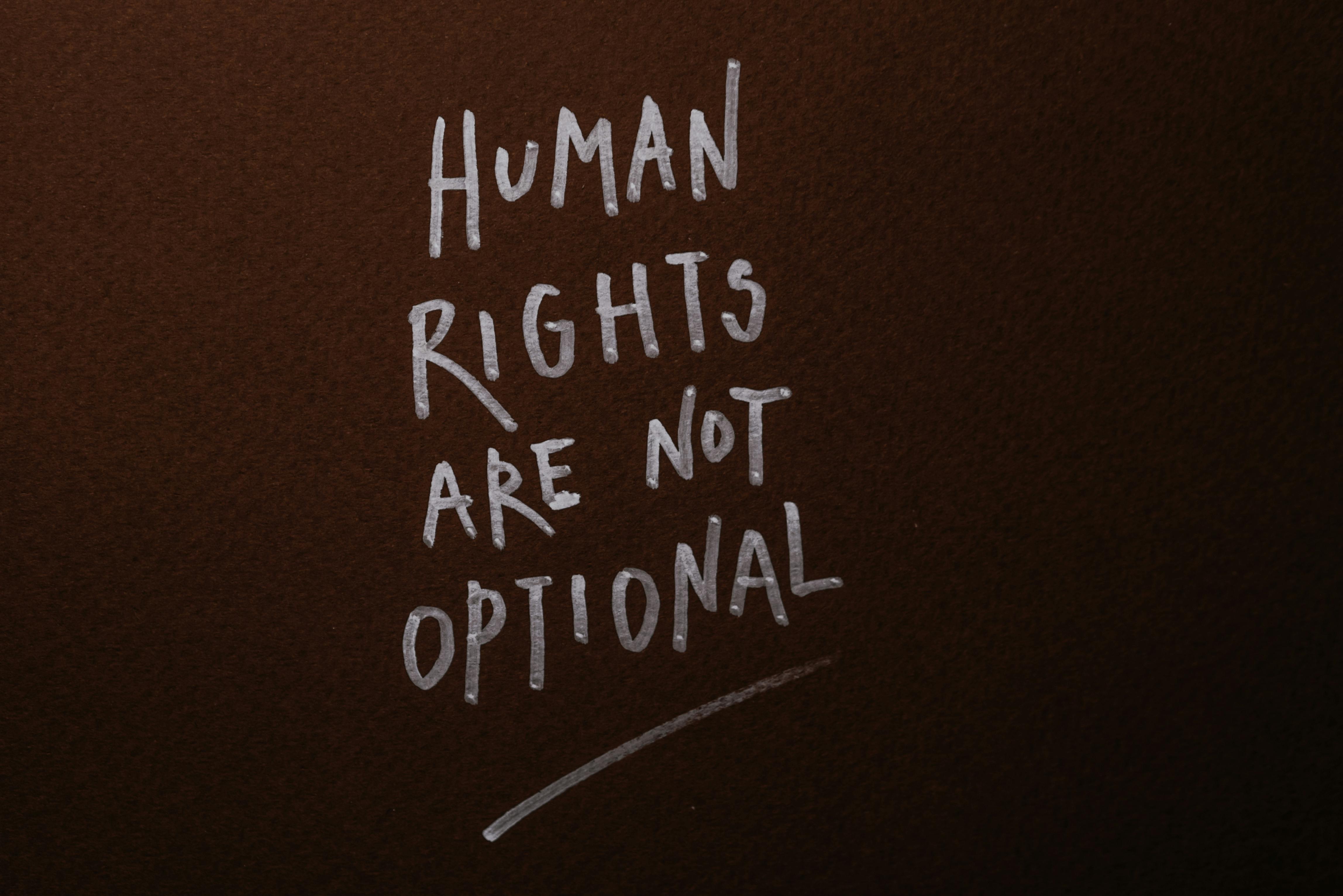
Image Credits: Pexels.com
Buddhism holds that it is impossible to categorically isolate humans from the greater group of sentient beings. The application of human rights does not, however, clash with non-human rights in Engaged Buddhism. Conversely, the basic values of Engaged Buddhism include care, generosity. And sympathy for other species, interconnectedness, compassion, and the recognition of humans as sentient beings. These qualities may constitute a noteworthy addition of Buddhism to the debate on human rights.
Buddhism has always thrived towards betterment of humanity. Human values are central to Buddhist thought. Its the collective growth which Buddhism emphasize on. Human rights form a key aspect of Buddhism. It has promoted ideas like equality, collective growth, and duty. All these principle play an essential role in shaping a society. The society envisaged by Gautam Buddha is one which is founded on the selflessness. Its never about an individual growth. But society as a whole needs to grow. If one has attained the real self then he/she should help others to do the same. This idea makes human rights so common in Buddhist thought. The equal growth is the key.


